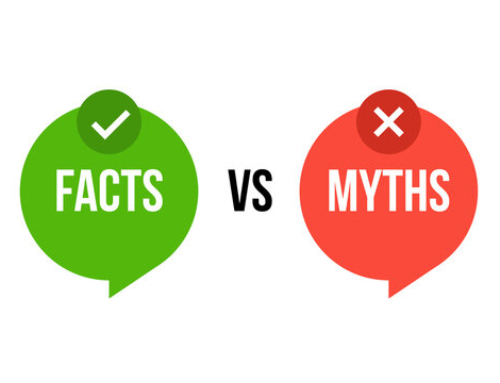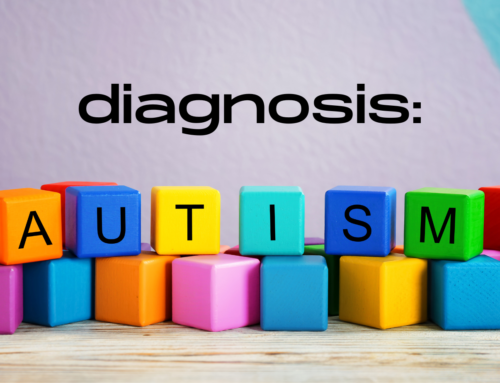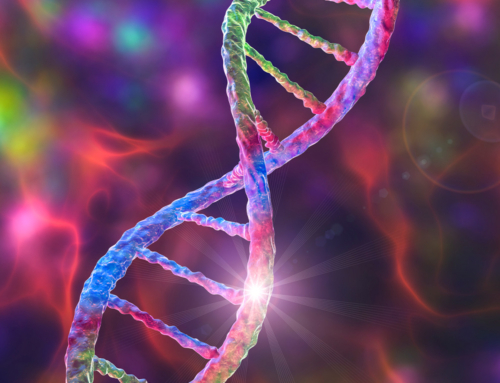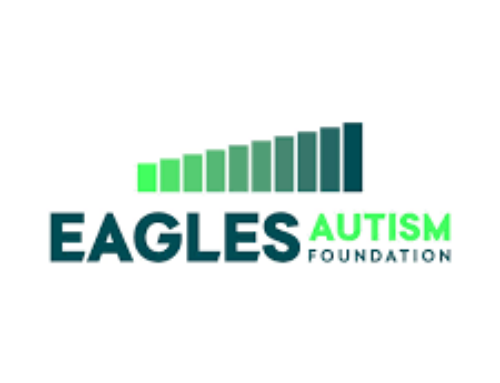Drug manufacturer Roche has been granted breakthrough status by the FDA for its latest drug Balovaptan!
The FDA has granted breakthrough status to Roche’s new autism drug, Balovaptan. Balovaptan aims to treat autism by modulating the activity of vasopressin, which is a hormone that researchers have been trying to target for several years. Balovaptan works by targeting and blocking the activity of the V1a vasopressin receptor subtype. Balovaptan is currently in its second stage of testing, and the results are looking good.
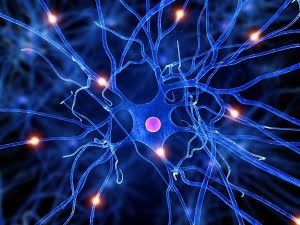 Reuters announced earlier that the FDA had granted breakthrough status to Balovaptan in the hopes that the program would be able to speed through the development stage and be made available on the market. Vasopressin is a neuropeptide that helps neurons in the brain communicate with each other and researchers believe could play a pivotal role in social bonding. In regard to autism, higher levels of vasopressin in the blood correspond with better social functioning in individuals.
Reuters announced earlier that the FDA had granted breakthrough status to Balovaptan in the hopes that the program would be able to speed through the development stage and be made available on the market. Vasopressin is a neuropeptide that helps neurons in the brain communicate with each other and researchers believe could play a pivotal role in social bonding. In regard to autism, higher levels of vasopressin in the blood correspond with better social functioning in individuals.The pharmaceutical industry has had a rough time over recent years trying to develop an effective treatment for autism, with a string of product failures in products such as Novartis, Roche and Seaside Therapeutics. While there have been several setbacks recently, researchers are hopeful that there are breakthroughs on the way with medical research into autism being conducted around the world at an increasing pace.
Roche has approached the challenging problem from a different direction with its latest drug. They believe that by blocking the activity of one hormone at the receptor, they will be able to help boost social functioning and avoid any negative side-effects. One of the biggest side-effects that have been discovered is a risk of increased aggression. Trials are still ongoing, but early testing and the recent FDA breakthrough status which was awarded to Balovaptan are promising.

